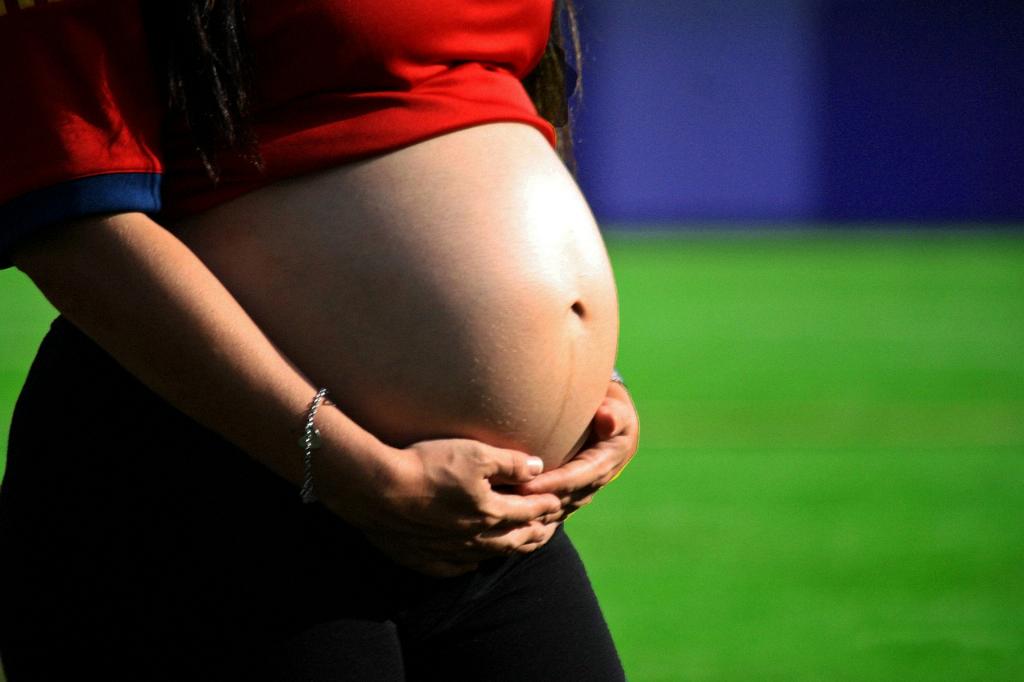One common concern among women who are newly pregnant is whether they may notice a change in vaginal odor during early pregnancy. It is essential to remember that every woman’s experience during pregnancy is unique, and changes in odor can be influenced by a variety of factors.
Reasons for Changes in Vaginal Odor
During early pregnancy, the body undergoes significant hormonal changes. These fluctuations can impact various bodily functions, including the production of vaginal discharge. The increase in vaginal discharge may lead to a stronger odor than usual.
Increased Vaginal Discharge
Another factor to consider is the rise in estrogen levels, which can result in an increase in vaginal discharge. This discharge plays a crucial role in maintaining vaginal health by flushing out bacteria and dead cells. However, the change in consistency and amount may cause a distinct odor.
Normal vs. Abnormal Odors
It is crucial to differentiate between normal changes in vaginal odor during pregnancy and signs of infection. While a mild, musky scent is typical, a strong, foul odor could indicate an infection such as bacterial vaginosis or a yeast infection. If you notice any unusual or concerning odors, it is best to consult your healthcare provider.
Maintaining Vaginal Hygiene
Practicing good vaginal hygiene is essential during pregnancy to prevent infections and minimize odor. Ensure you clean the genital area regularly with mild soap and water, wear breathable cotton underwear, and avoid using scented products that may disrupt the natural pH balance.
Consulting Your Healthcare Provider
If you have any concerns about changes in vaginal odor or discharge during early pregnancy, do not hesitate to reach out to your healthcare provider. They can evaluate your symptoms, perform necessary tests, and provide guidance on managing any potential issues effectively.
Monitoring Changes in Odor
It is essential to pay attention to any variations in vaginal odor throughout your pregnancy. If you notice a persistent, strong odor, unusual color or consistency in discharge, or accompanying symptoms such as itching or irritation, seek medical advice promptly.
Common Causes of Vaginal Odor
Aside from hormonal changes, other factors can contribute to vaginal odor during pregnancy. These include sweat, urine, or a change in diet. Maintaining overall hygiene and staying hydrated can help minimize these odors.
Avoiding Harsh Chemicals
During pregnancy, it is advisable to steer clear of harsh chemicals or douching products that could disrupt the natural balance of bacteria in the vagina. Opt for gentle, fragrance-free products to support vaginal health.
Embracing Natural Remedies
Some women may find relief from mild vaginal odor by using natural remedies such as probiotics, which can help maintain a healthy balance of vaginal flora. Discussing these options with your healthcare provider is advisable before trying any home remedies.
Trusting Your Instincts
As a pregnant woman, it is crucial to trust your instincts and prioritize your well-being. If you feel that something is amiss or experience any discomfort regarding vaginal odor, do not hesitate to seek professional advice. Your health and that of your baby are top priorities.
Final Thoughts
While changes in vaginal odor during early pregnancy are common, they are often a result of natural hormonal fluctuations. By maintaining good hygiene practices, seeking timely medical advice when needed, and trusting your intuition, you can navigate these changes with confidence and peace of mind.

